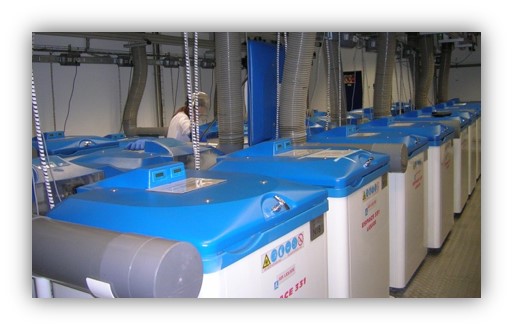Just now in November, the coordinating partner SSI and the Danish National Biobank has been the host and organizer of a PhD course and Symposium regarding Biobanking. The goal of the PhD course was to provide an interdisciplinary perspective on the historical, philosophical, ethical, legal, social, technical and cultural aspects related to the collection, storage, use and dissemination of human biological samples and health information, evolving Biobanking. After completion of the course, the students should have a broad understanding of biobanking, as well as the challenges associated with collaboration between the different stakeholders.
At the Biobank Symposium, world leading biobanks and researchers were brought together to discuss how we can use innovative approaches and expanded cooperation with the pharmaceutical industry to improve health care. The covid-19 pandemic has made the strengths of biobanks and research partnership even more prominent. The availability of stored positive samples combined with other biological samples and clinical data from the same individuals has enabled unprecedented host-pathogen genetics studies. The large number of samples collected from covid-19 serology studies can potentially be used in conjunction with epidemiological data and general health data to elucidate factors relevant for studying covid-19 immunity. These factors combined makes biobanks and large datasets attractive to both academia and industry. In the recent years several drugs have been developed based on genetic discoveries from biobank material. This availability of large-scale datasets from biological material is very attractive for the pharmaceutical industry and has led to increased funding from industry partners for large scale genetic projects.

